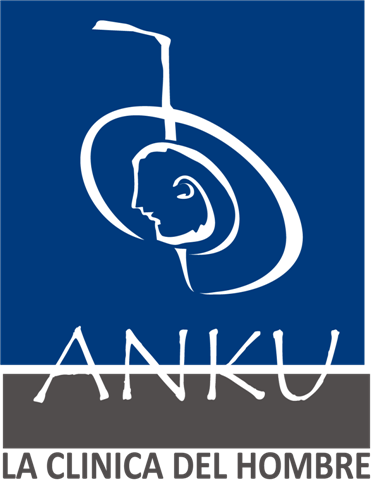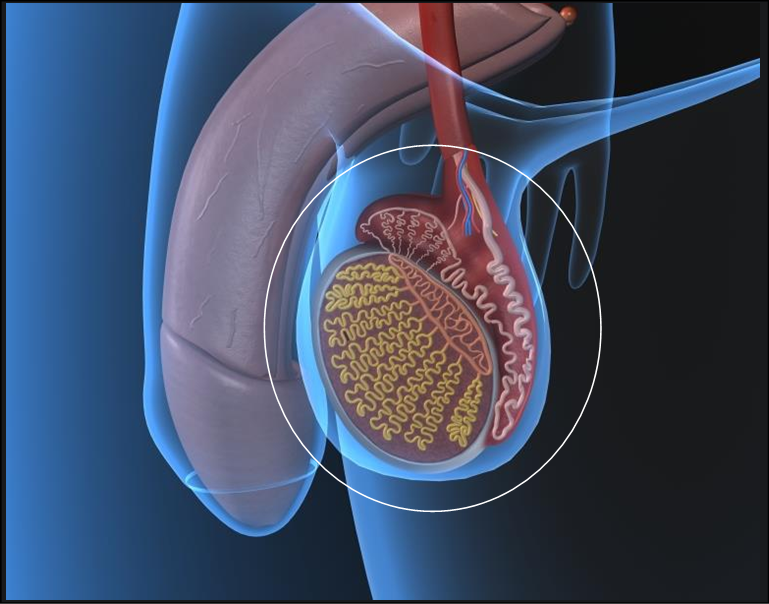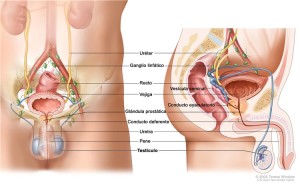Testicular cancer occurs in the testicles (testes), which are located inside the scrotum, a loose bag of skin underneath the penis. The testicles produce male sex hormones and sperm for reproduction.
Compared with other types of cancer, testicular cancer is rare. But testicular cancer is the most common cancer in American males between the ages of 15 and 35.
Testicular cancer is highly treatable, even when cancer has spread beyond the testicle. Depending on the type and stage of testicular cancer, you may receive one of several treatments, or a combination. Regular testicular self-examinations can help identify growths early, when the chance for successful treatment of testicular cancer is highest.
Men with testicular cancer may experience a variety of symptoms or signs. Sometimes, men with testicular cancer do not have any of these changes. Or, the cause of a symptom may be another medical condition that is not cancer. So, having these symptoms does not mean that a man definitely has cancer.
Usually, an enlarged testicle or a small lung or area of hardness are the first signs of testicular cancer. Any lump, enlargement, hardness, pain, or tenderness should be evaluated by a doctor as soon as possible. Other symptoms of testicular cancer usually do not appear until after the cancer has spread to other parts of the body.
Symptoms of testicular cancer may include:
- Painless lump or swelling on either testicle. If found early, a testicular tumor may be about the size of a pea or a marble, but it can grow much larger.
- Pain or discomfort, with or without swelling, in a testicle or the scrotum.
- Change in the way a testicle feels or a feeling of heaviness in the scrotum. For example, 1 testicle may become more firm than the other testicle. Or, testicular cancer may cause the testicle to grow bigger or to become smaller.
- Dull ache in the lower abdomen or groin
- Sudden buildup of fluid in the scrotum
- Breast tenderness or growth. Although rare, some testicular tumors produce hormones that cause breast tenderness or growth of breast tissue, a condition called gynecomastia.
- Lower back pain, shortness of breath, chest pain, and bloody sputum or phlegm can be symptoms of later-stage testicular cancer.
- Swelling of 1 or both legs or shortness of breath from a blood clot can be symptoms of testicular cancer. A blood clot in a large vein is called deep venous thrombosis or DVT. A blood clot in an artery in the lung is called a pulmonary embolism and causes shortness of breath. For some young or middle-aged men, developing a blood clot may be the first sign of testicular cancer.



